Benjamin Hebbert
2 comments By Benjamin Hebbert
It’s an interesting scenario. The violin truthfully belonged to Einstein for whom it was made, but indeed whether he had any use or desire for it seems unlikely. The world is full of intangible provenances like this, such as the many Hill bows that Fritz Kreisler acquired only to reject and sell on to his pupils. At the end of the day, the violin is symbolic of Einstein the violinist even if there are more symbolic artefacts, and perhaps it tells us something of his image as a musician that the violin should have been dedicated to him so soon after he arrived in America. In many cases, some kind of connection doesn’t significantly alter the inherent value of something. There is no disproportionate premium for the violins sold from Menuhin’s estate, for example - although a well provenanced Sartory bow for Ysaye or Tubbs for Wilhelmj May represent the very best of type and afford a record price accordingly.
Who can say what the appeal of Albert Einstein is worth? I wouldn’t be surprise to see it reach estimate as the only known instrument representative of Einstein’s love of the violin, but as with the Titanic violin, it’s not for the violin trade to understand such values, it’s a question of what Einstein ephemera will sell for, the violin being the most romantic part of all.
I wanted to congratulate you on an article that addressed many of the questions that I think are fundamental to the nurturing of young musicians. For children especially, the wonder and mystique of a violin shop can add another dimension to the way that they relate to the instrument, and play a part in their continued interest and learning. As a violin player I am aware of my own experiences walking into violin shops as a child, and as a violin dealer I try to make those possible for other children too.
I was dismayed however to read the tacit acceptance of secret commissions (by makers as well as by dealers). I understand that there may well be dealers who continue to offer these payments as a routine element of business, and there - at least historically - have been dealers who feel that they have no option but to follow despite their better judgement, and there are certainly as many cases of teachers demanding "commissions" as there are of dealers offering them. The law as regards the fiduciary duty as well as bribery are well established, but it is not always easy to see how these relate to the relationship of a dealer to a teacher to a student when they this involves the sales of musical instruments, and many teachers and dealers have innocently assumed that they were engaged in a dubious practice that was nevertheless legal – they are wrong. Commissions are not paid out of the dealer’s pocket, they are paid indirectly from the student in the form of excessive premiums from the sale price or other forms of insidious compromise (condition, authenticity, sound) that the teacher may not be able to dispute when they have a financial interest in the matter.
There have always been a good number of dealers (and violin makers) who are troubled by this practice and have avoided it at all costs, as there are an increasing number of teachers who are repulsed by it. Speaking as a dealer, many of us are delighted to encourage relationships with teachers, allowing us to give quality time to their students, and enabling teachers to get the fairest deals and for students to rely upon teacher’s experience to ask the right questions and help them to purchase instruments confidently. We work hard to encourage these relationships in the confidence that the extra investment of time and service towards young students will encourage them to keep having lessons, be keener students, and contribute to the richness of experience that teachers enjoy with their students.
An excellent edition of the Strad was published in 2011 dealing with many aspects of this side of the violin world. It is ultimately up to teachers to reject the sordid world of brown paper envelopes stuffed with cash and figure out who the good dealers and violin makers are. Ariane Todes blog from that time is online here: https://www.thestrad.com/secret-commissions-the-dark-side-of-teaching/4878.article?adredir=1


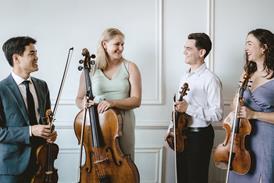

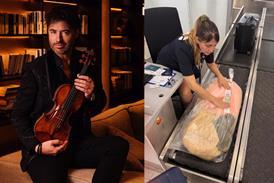

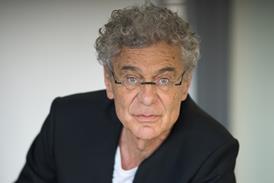
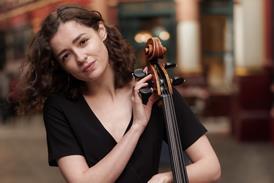

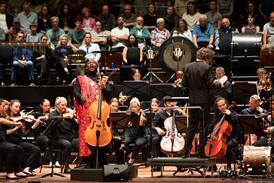
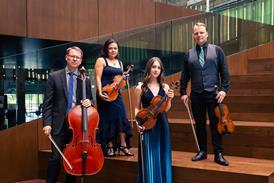
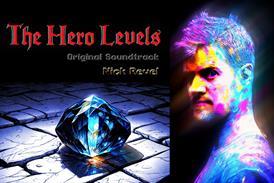
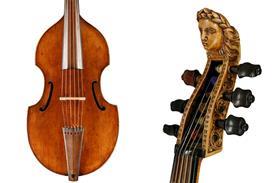
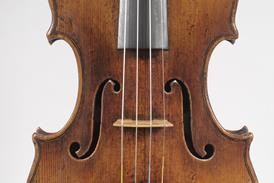
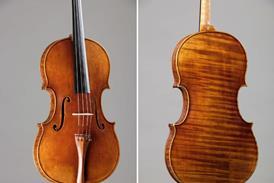
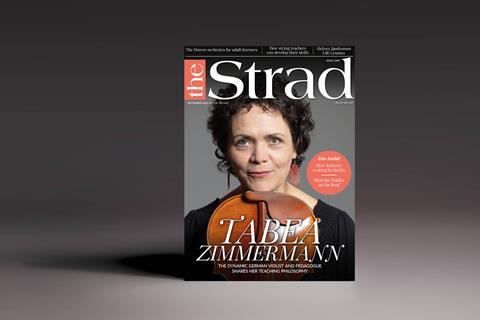




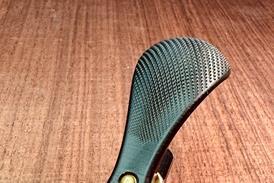
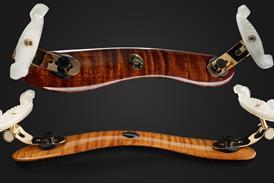
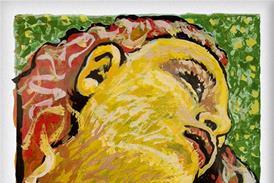







Commented on: 8 March 2018
Violin belonging to Einstein comes to auction in New York